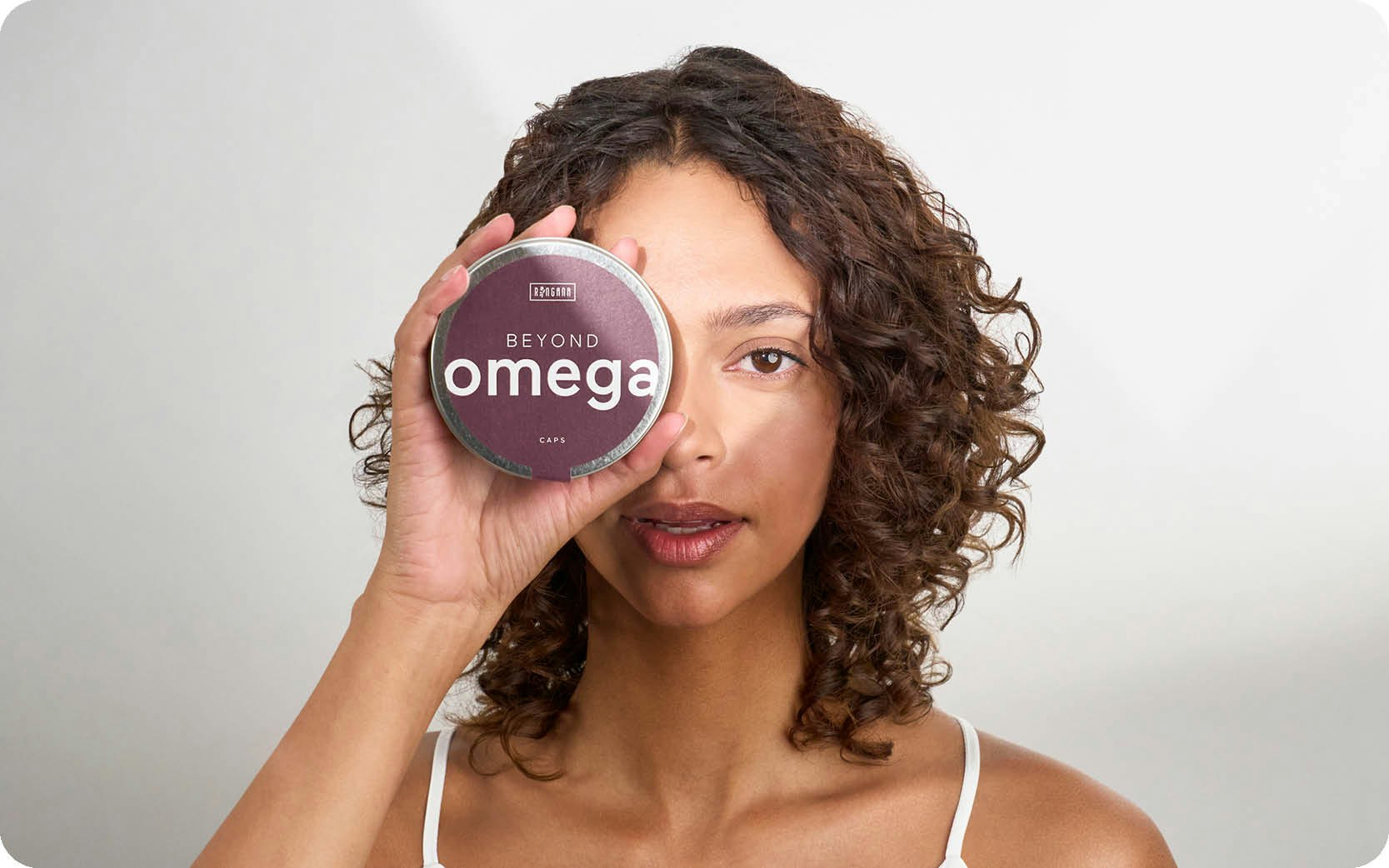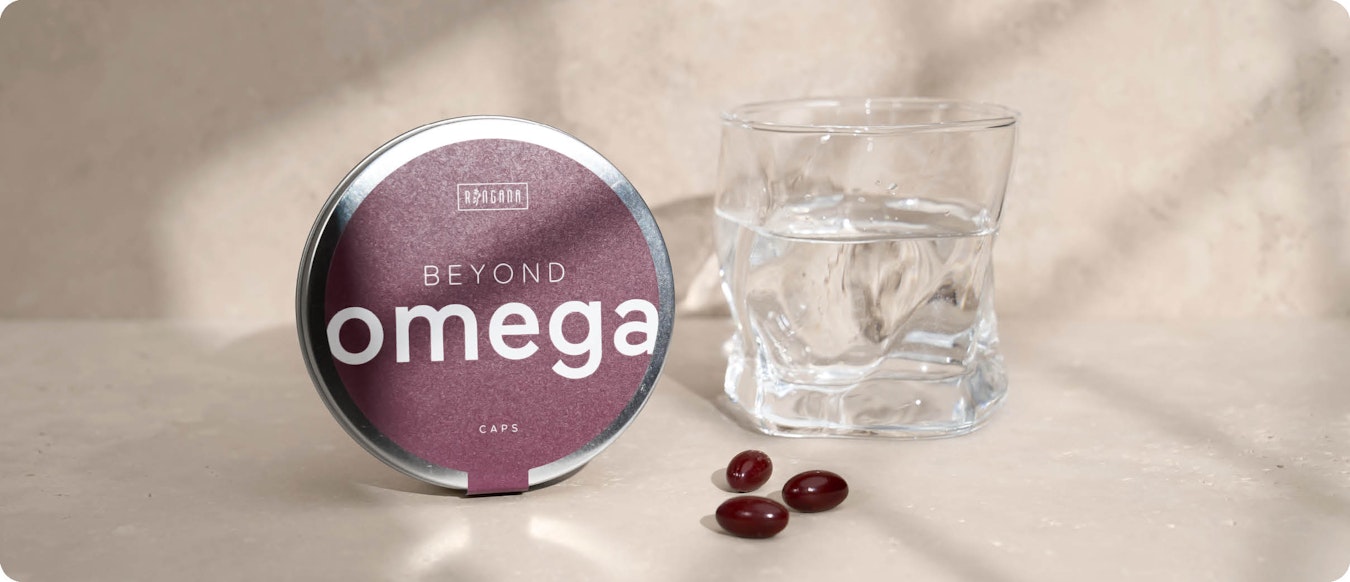Omega-3-fatty acids are essential to our health. But does fish oil have to be the way that we get the valuable fatty acids, DHA and EPA? No, it doesn’t. There is a plant-derived, sustainable alternative that supports our well-being without harming the environment. Let’s take a closer look at the role Omega-3 plays in our body, and how you can integrate a purely plant-based source of it into your diet.
What fats are there?
When we hear the word “fat”, lots of us initially think something negative. But the truth is: fats are essential to life! They supply energy, protect your organs, and help your body to regulate important processes. But not all fats are the same – and this is where it comes down to making the right choice.
Saturated fatty acids: caution recommended
Saturated fatty acids are not essential for humans because the body can produce them by itself from other nutrients. However, these fats should be consumed with caution because excessive consumption can lead to increased levels of LDL cholesterol (“bad” cholesterol)
Saturated fatty acids are mainly found in animal-based foods such as butter, meat and prepared meat products.
Unsaturated fatty acids:
These are the “good” fats. Since the body can only synthesise the essential unsaturated fatty acids like Omega-3 and Omega-6 to a limited extent, we have to get them from our diet.
These fats have a positive effective on our blood fat levels. Unsaturated fatty acids are mostly found in plant oils, oleiferous fruits and seeds. The exception here are the Omega-3 fatty acids which are mainly found in fish oils.
Why is Omega-3 essential and what does it do?
Omega-3 fatty acids belong to the polyunsaturated fatty acids and are essential for many important processes in the body. They not only contribute to normal heart function* but also support normal brain function, and help to preserve healthy vision.** And here’s a very interesting point: these essential fatty acids can now be integrated into your diet on a sustainable and purely plant-based basis.
* A positive effect is achieved with a daily dose of 250 mg EPA and DHA.
** A positive effect is achieved with a daily dose of 250 mg DHA.
Omega-3 fatty acids come in various forms:
-
ALA (alpha-linolenic acid): these Omega-3 fatty acids are mainly found in plant foods such as linseed, chia seeds and walnuts.
-
EPA (eicosapentaenoic acid) and DHA (docosahexaenoic acid): these two fatty acids are crucial to our well-being both inside and out, and are present in large quantities in fish oils and algae.
While there is plenty of ALA in plant foods, our body’s ability to convert ALA into EPA and DHA is limited. So the question for those of us who don’t eat fish is: how do I get enough EPA and DHA? The answer: oil from microalgae.

Vegan Omega-3 power from microalgae in BEYOND omega
Algae are, in fact, the original source of the essential Omega-3 fatty acids, DHA and EPA, that our body needs. Fish absorb these fatty acids by eating algae. So why not go directly to this source? By using microalga oil from Schizochytrium sp. alga, BEYOND omega is a plant-based alternative that delivers all of the valuable Omega-3 fatty acids entirely without animal products.
At the same time, our newly formulated BEYOND omega softgel delivers a higher concentration of the essential Omega-3 fatty acids, DHA and EPA. Each daily dose now contains 640 mg DHA and 320 mg EPA, to ensure that your body gets an optimal supply of these valuable nutrients – and with the sustainable and purely plant-based quality that you already know from BEYOND omega.
Why are we going for vegan Omega-3?
It’s quite simple: the world’s fish stocks are under enormous pressure. The growing demand for Omega-3 fatty acids such as DHA and EPA cannot be met by means of sustainable fishing. Alga oil offers a more eco-friendly and more effective alternative to conventional fish oil supplements and, most importantly, it’s vegan.
In addition, the world’s oceans are increasingly being polluted with toxins such as heavy metals and microplastic which can contaminate the fish oil. By using alga oil, we avoid this problem, choosing instead a clean, sustainable and ethical solution.


 Zur Übersicht
Zur Übersicht